Nikki Allan trial: Fatal wounds inflicted with 'considerable force'
- Published
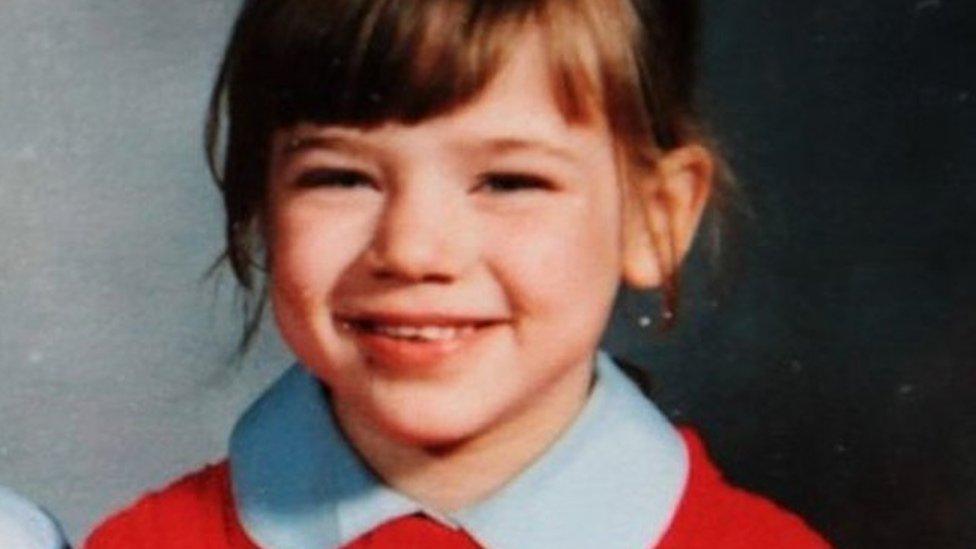
Nikki Allan was killed on 7 October 1992
The head injuries and stab wounds that killed a seven-year-old girl were inflicted with a "considerable amount of force", a court heard.
Nikki Allan's body was found in a derelict Sunderland building after she was reported missing in October 1992.
David Boyd, 55, of Chesterton Court, Stockton-on-Tees, denies murder.
Home Office pathologist Nigel Cooper told Newcastle Crown Court Nikki may have been knocked unconscious with a brick before being repeatedly stabbed.
He was a registrar and assistant to Dr Harrischandra Rannasingh, the Home Office pathologist who conducted the two-hour-long post-mortem examination of Nikki on 8 October.
The court heard Dr Rannasingh has since died but Dr Cooper had reviewed his notes and presented them to jurors.
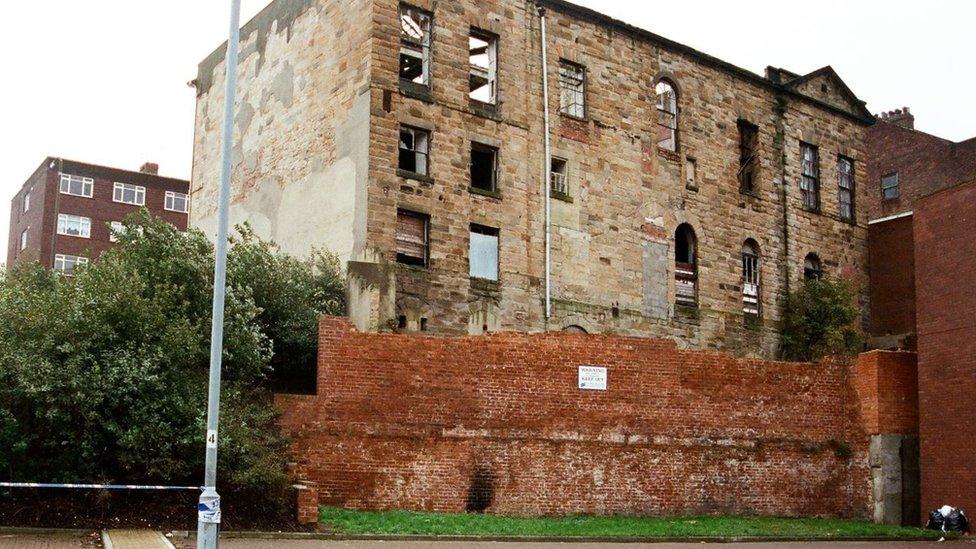
Nikki Allan was killed and her body abandoned in the Old Exchange building in the east end of Sunderland
The court had previously heard Nikki was seen with a man heading towards the Old Exchange building shortly before 22:00 on 7 October 1992.
Her lifeless body was found in a basement room by members of the public the following morning.
The court heard the only way into the building was through a boarded up window and blood on the sill suggested that when Nikki was pushed through she was bleeding from her mouth probably due to a slap or punch.
She was then attacked and killed in one room before being dragged downstairs.
Dr Cooper said the child suffered significant blows on the right side of her head from a rough object, such as a blood-stained brick found at the scene, which fragmented her skull and would have required "considerable force".
The witness disagreed with Dr Rannasingh's conclusion that there had been at least two blows, saying there might have been "considerably more" which were "likely" to have knocked her unconsciousness.
Some of the blows appeared to have been struck while Nikki was on the floor and blood patterns suggested her head had hit a wall, jurors heard.
Nikki had a large puncture wound in her chest where she had been repeatedly stabbed, as well as two distinct stab wounds elsewhere on her torso, Dr Cooper said.
Injuries to her heart, left lung, aorta and thymus indicated she was stabbed at least 24 times in her chest.
The deepest wound was just under 10cm, the court heard, with 25 injuries on the back of the chest cavity.
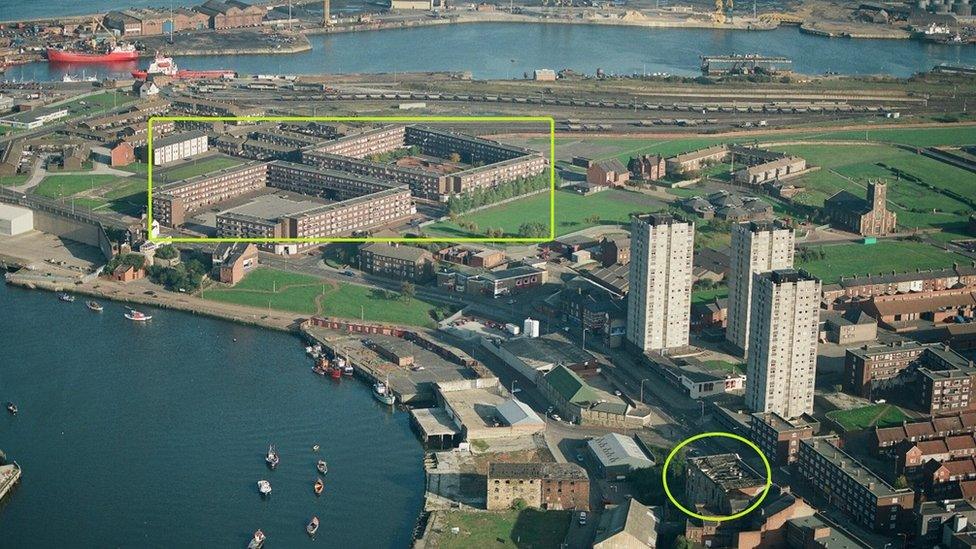
Jurors have seen an aerial image of Sunderland taken in 1992 showing where Nikki lived (in rectangle) and died (in circle)
Dr Cooper said the chest injuries would have caused "catastrophic internal bleeding" and it "wouldn't take long" for them to lead to unconsciousness, although both pathologists believed she was already unconscious when she was stabbed.
He said her injuries suggested she had been stabbed while on the floor and the weapon used would have been "relatively small", such as a "small kitchen knife or even a penknife".
There were also bruises consistent with the body being dragged along the floor "around the time of death or after death", jurors were told.
The court heard Nikki's death was caused by "shock and haemorrhage" due to multiple blows to the head and stab wounds to the heart, lungs and liver.
Dr Rannasingh had concluded she would have been killed at least 12 hours before she was examined at the scene at 14:50 on 8 October, although Dr Cooper could only say it was a "number of hours" beforehand.
Dr Cooper said it was "extremely likely" the attacker would have been "significantly" covered in blood.
The trial continues.

Follow BBC North East & Cumbria on Twitter, external, Facebook, external and Instagram, external. Send your story ideas to northeastandcumbria@bbc.co.uk, external.
Related topics
- Published26 April 2023
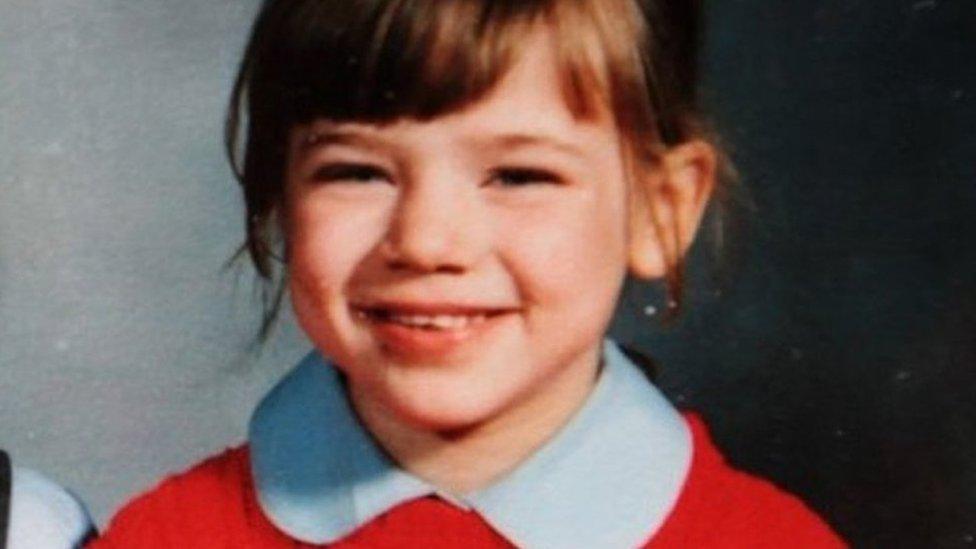
- Published25 April 2023
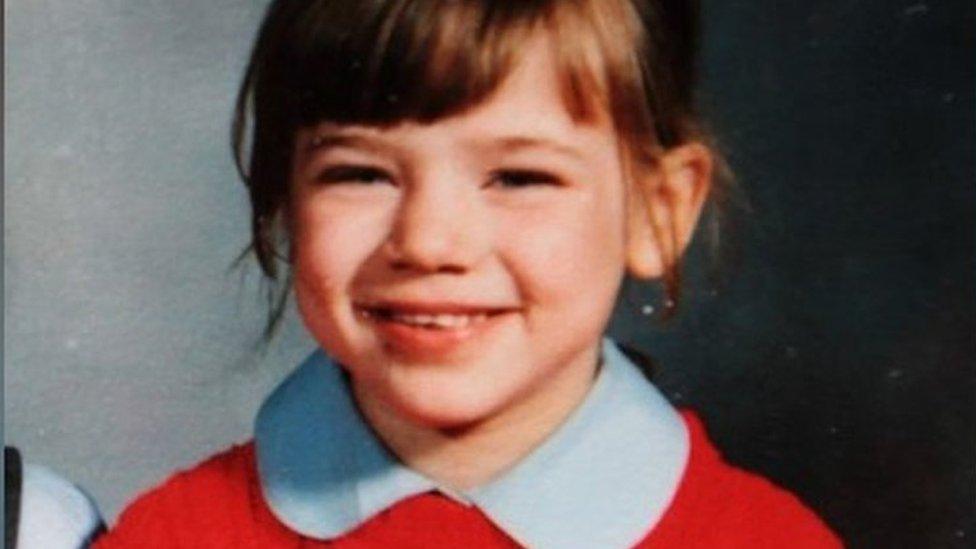
- Published24 April 2023
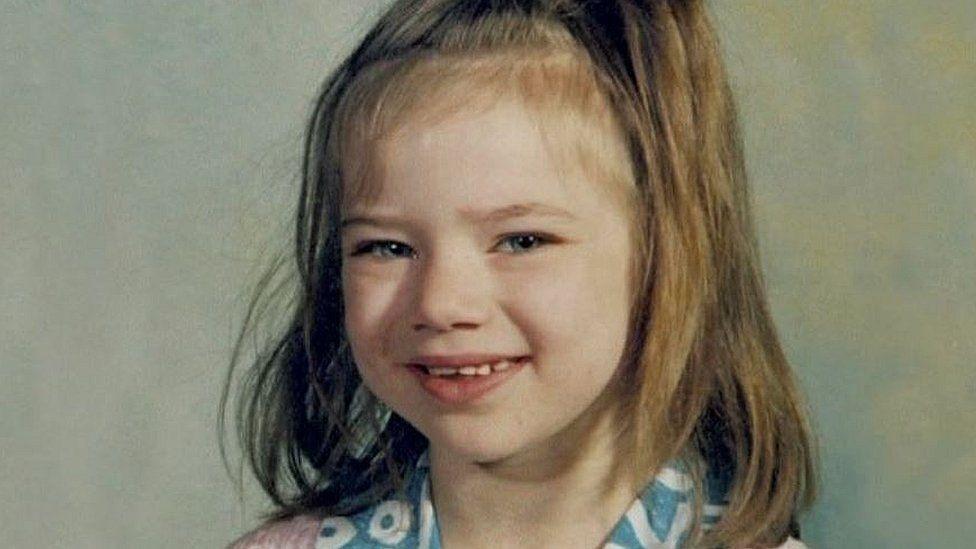
- Published20 April 2023
